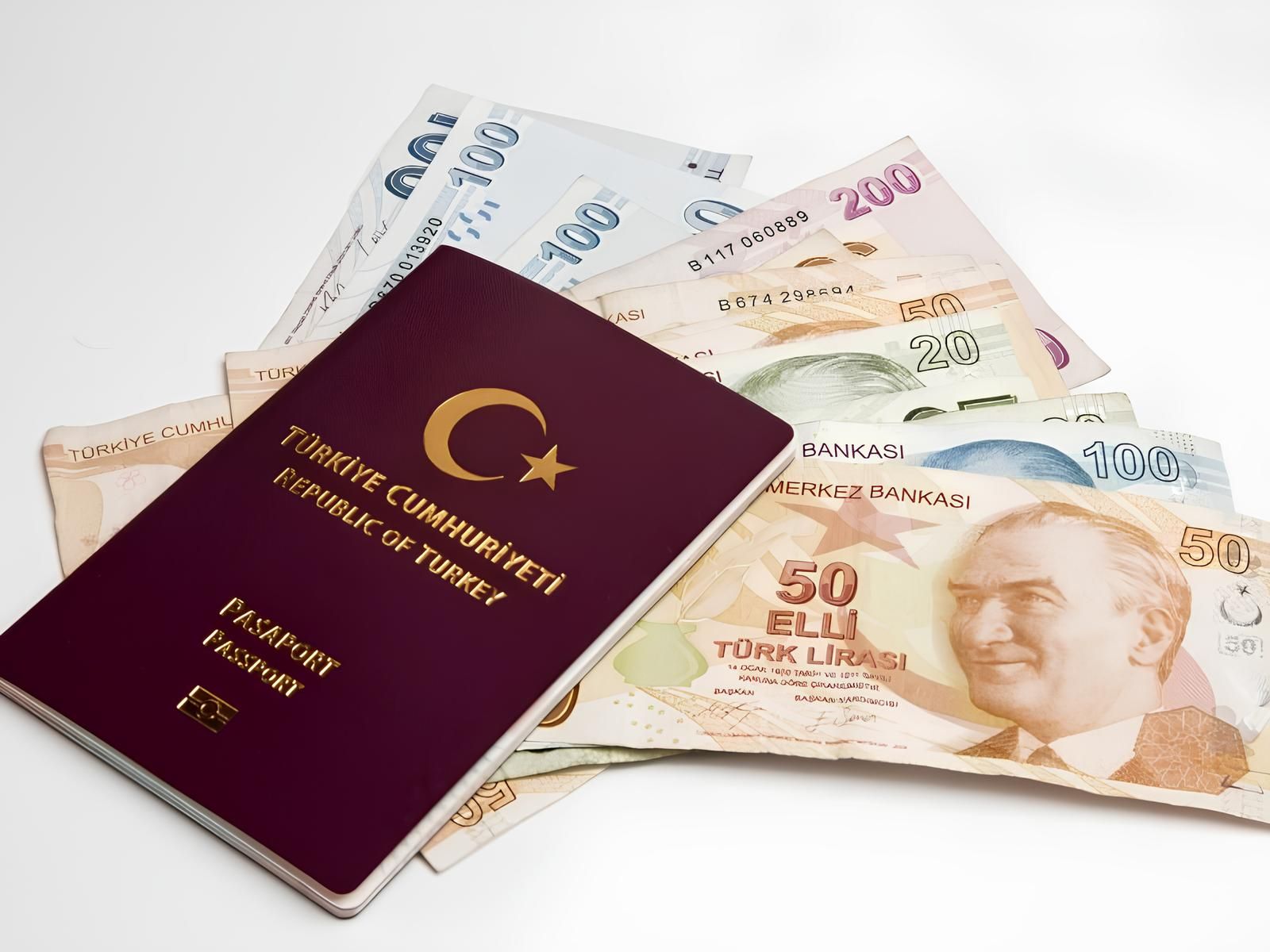Legal Considerations for Foreign Property Investors in Türkiye
Guide in Türkiye

Türkiye offers significant opportunities for foreign investors with its strategic location, developing economy and attractive property market. However, foreign investors should be familiar with local regulations and procedures when buying property in Türkiye. Many legal issues such as property ownership, tax obligations, residency applications, etc. should be carefully handled for a correct and safe investment process. The legal legislation and regulations applicable to foreign property investors in Türkiye play an important role in overcoming potential obstacles encountered at every stage of the investment process. In this blog, we will discuss the key legal considerations that foreign investors should take into account when buying property in Türkiye. In order to make a successful investment in the Turkish property market, it is crucial to understand and follow the legal processes correctly.
Property Rights and Restrictions for Foreigners in Türkiye
The acquisition of real estate by foreigners in Türkiye is subject to certain legal regulations. With the 2012 legislative amendment, foreign investors can purchase real estate in Türkiye, but this right is limited by certain restrictions. The right of foreigners to own property is restricted to certain areas and to certain sizes of immovable property, according to the legislation on the acquisition of real estate in Türkiye. For example, a foreigner cannot have a property right over more than 10 per cent of the total surface area in Türkiye. Furthermore, acquisition of real estate is prohibited in certain military zones and security-sensitive areas. Only citizens from countries that have entered into a reciprocal agreement with Türkiye can acquire real estate subject to these legal regulations. The number of immovable properties that foreigners can acquire is also subject to the approval of local authorities, so contacting local authorities and obtaining the necessary permits is an important part of the investment process. These restrictions are in place to ensure that foreign investors can transact in the Turkish property market in a fair and orderly manner.
Required Documents and Procedures for Property Purchase
There are certain documents and procedures for foreigners to purchase property in Türkiye. The first step is to collect the necessary documents before starting the property purchase process. In order for foreign investors to purchase property in Türkiye, they must first have a valid passport and a document showing their residence address in Türkiye. Also, before applying to the land registry office, it is important to obtain a ‘Land Registry Office’ report to check whether there are any obstacles to the property purchase. This report shows whether there are any mortgages, liens or other legal obstacles on the property. Foreigners are also required to have a tax identification number in order to purchase property. Care should be taken to ensure that the property you intend to buy is approved by the local municipality and is not located in restricted areas such as military zones. During the title deed process, a contract must be signed between the buyer and seller, followed by payments. Finally, the buyer must fulfil all tax obligations related to the property by notifying the municipality after ownership. Carefully following these procedures allows foreign investors to smoothly complete the property purchase process in Türkiye.
Tax Liabilities for Foreign Investors in Türkiye
There are some tax obligations related to the purchase of property by foreign investors in Türkiye. Firstly, the Title Deed Fee, which is payable when purchasing a property, is shared between the buyer and the seller, and generally each party pays 2% of the sale price as title deed fee. Foreign investors may also face Real Estate Value Increase Tax after the property acquisition. If the investor sells the property within 5 years, this tax is payable on the gain realised. Foreigners owning real estate in Türkiye are also required to pay annual Property Tax. Property tax is calculated on the value of the immovable property and is paid at a certain rate each year. In addition, VAT (Value Added Tax) may apply to newly constructed residential or commercial properties, and the rate usually varies between 1% and 18%. Foreign investors who receive rental income from property are also liable to pay Income Tax. The income from rental income must be declared in an annual declaration and the tax rate is subject to a progressive tariff based on the amount of income. Finally, within the framework of Double Taxation Treaties, foreign investors can offset their tax liabilities in their home country against their tax liabilities in Türkiye. Fulfilling tax obligations in Türkiye helps foreign investors to secure their real estate investments and avoid potential legal issues.
In conclusion, legal regulations and tax obligations for foreign investors investing in property in Türkiye are very important for a successful investment process. Accurately following the documents, procedures and tax obligations in the property acquisition process enables investors to make long-term gains without encountering legal problems and securing their rights. Türkiye's dynamic property market offers great opportunities for investors with the right knowledge and legal awareness. Therefore, foreign investors planning to invest in real estate in Türkiye should act in accordance with local laws and tax regulations, which will help them complete their investment process smoothly and profitably.






